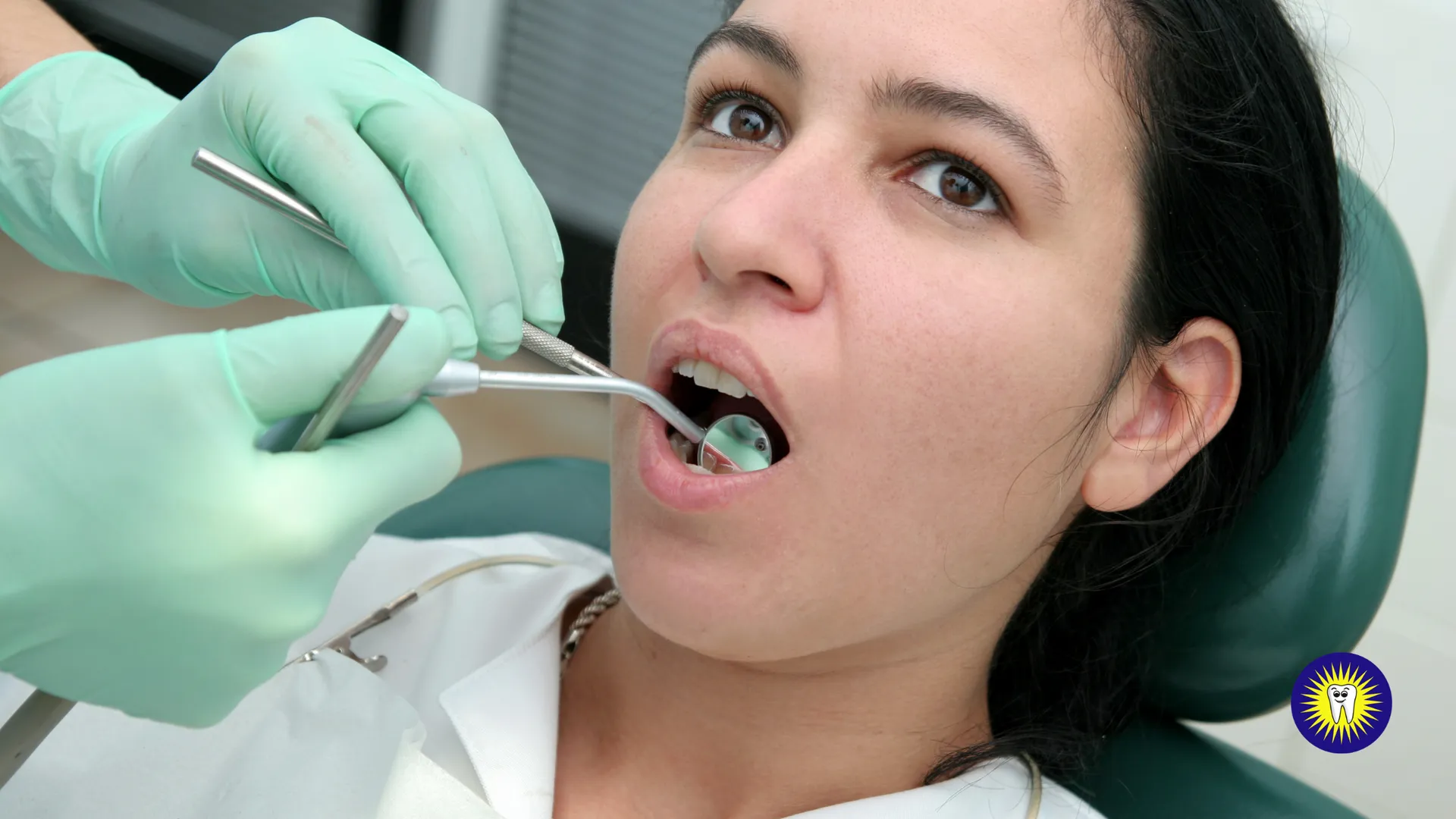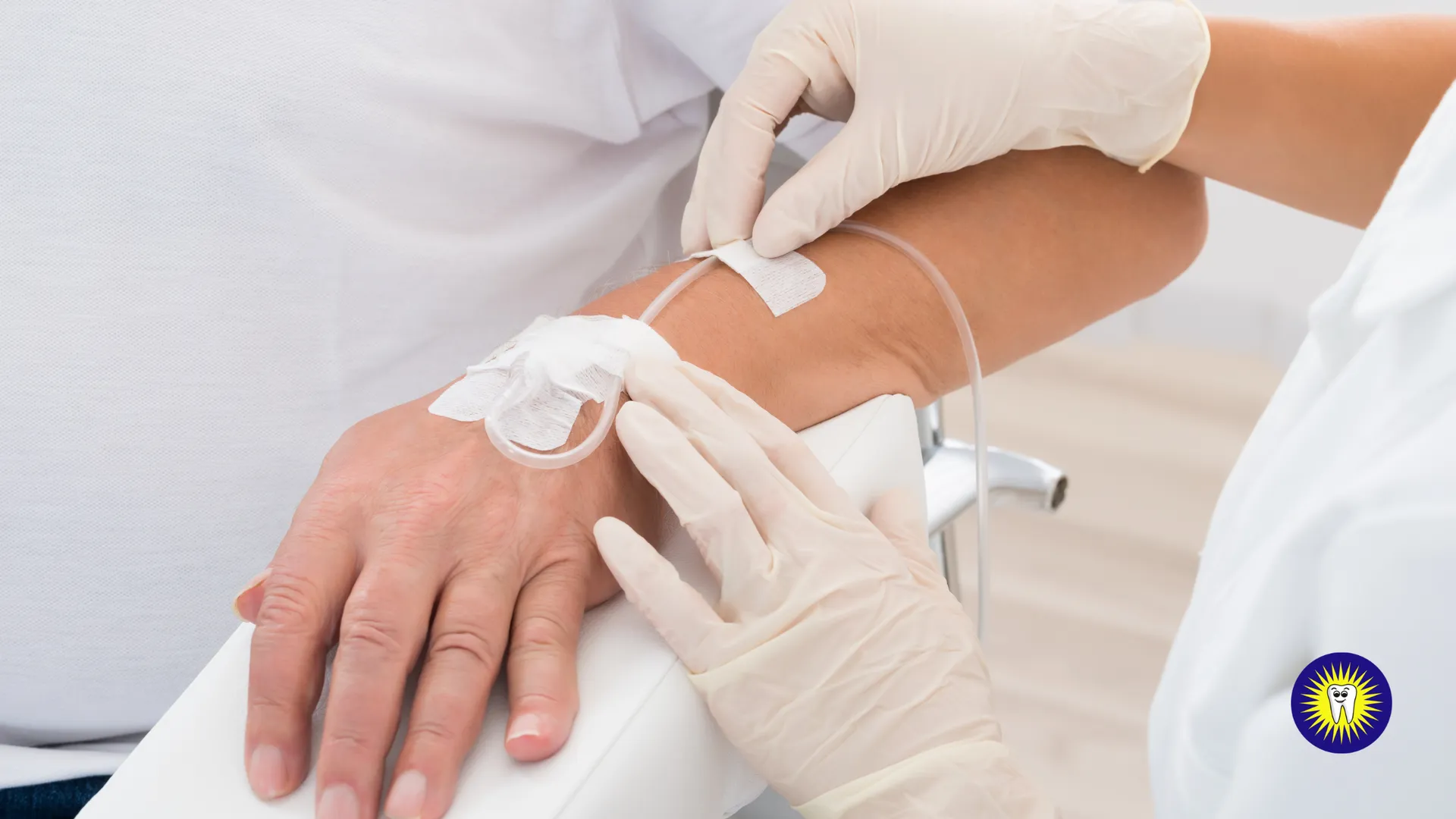Despite all patients having to regularly visit the dentist, many will not manage to do so because of what is known as dental anxiety. Fortunately, sedation dentistry can help with this matter and ease any worries you might have regarding a dental appointment. Located in Scarborough and Toronto, the team of Liberty Square Dental Group has explained how dental anxiety can negatively impact patients and why sedation dentistry is a useful aid for patients who experience tension before a dental check-up.
What is Dental Anxiety?

Dental anxiety (also known as Dentophobia) occurs when patients have an uneasy, often frightened feeling about going to the dentist’s office for a routine appointment. There are many common causes responsible for a patient’s dental anxiety, which include:
- fear of pain
- a previous dental experience that was traumatic
- trust issues
- worrying about loss of control
- a history of generalized anxiety disorder
- fear of needles, drilling, and dental procedures in general
- discomfort stemming from an invasion of private space
- concern caused by potential side effects of anesthesia
- the belief that the anesthesia will be ineffective
Symptoms of Dental Anxiety
Patients who suffer from dental anxiety will experience several symptoms before their appointment, such as:
- panic attacks
- heart palpitations (your heart skips or adds a beat)
- aggressive behavior
- low blood pressure
- intense sweating
- feeling faint
- crying
Complications That Arise When Dental Visits are Avoided Due to Anxiety

Visiting your dentist consistently is crucial because it serves to maintain your oral health, which, in turn, will influence your overall health in what is commonly referred to as the mouth-body connection.
Failure to regularly visit your dentist means that a professional is not examining your teeth, observing the bone, and confirming the health of your jaw or the soft tissue within your mouth. Also, your dentist will be unable to screen for oral cancer or identify signs of other severe conditions.
Various consequences can result from your dental anxiety preventing you from seeing the dentist, such as:
- bleeding and swollen gums
- constant bad breath
- sensitivity to hot or cold foods and beverages
- pain during chewing
- increased dental decay, which would require more restorative work
- loss of gum tissue and bone when an infection increasingly develops in the teeth and gums
- loss of teeth due to decay
- missing the early indicators of oral cancer and other systemic conditions
Types of Sedation for Patients with Dental Anxiety in Toronto

Intravenous sedation (IV)
Our dentist, Dr. Sharon Anbar will inject a sedative into a vein either on your hand or arm. This method is generally used for patients about to undergo extensive dental treatment or for highly anxious patients. Throughout the procedure, your dentist will monitor the oxygen level and, if necessary, provide additional oxygen. If you opt for IV sedation, you will be awake and extremely calm.
Oral Sedation
One example of an oral medication would be Halcion, which influences the central nervous system and helps patients relax. Because they require 30 minutes of waiting before their effects are felt and might cause drowsiness in the hours that follow the procedure, oral sedation is not the most common sedation method.
Laughing Gas
Also known as nitrous oxide, laughing gas is inhaled through a rubber face mask and it helps you reach a state of relaxation quickly. It is one of the most common types of sedation used at the dental office and the effects swiftly diminish once the gas is turned off. Also, this is the one form of sedation that allows patients to drive home after the procedure has concluded and eat food within 12 hours of the treatment.
Book Your Next Dental Appointment
Contact Liberty Square Dental Group to learn more about our Toronto dental office or Scarborough dental clinic. We look forward to seeing you soon!

